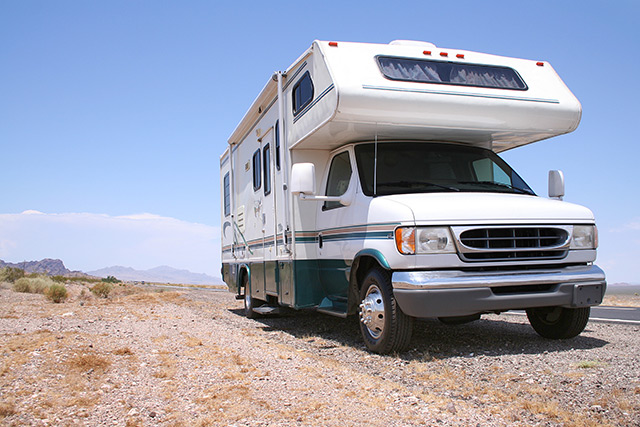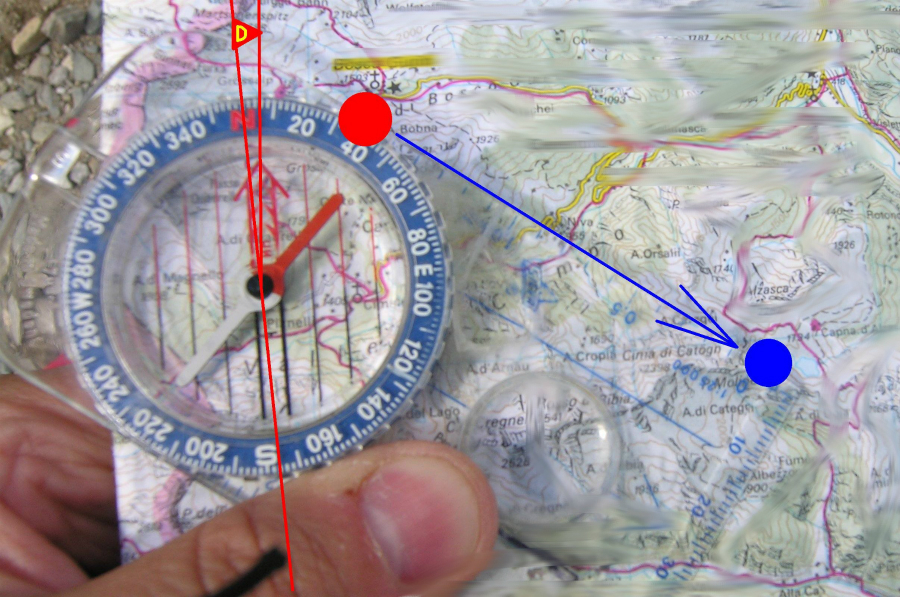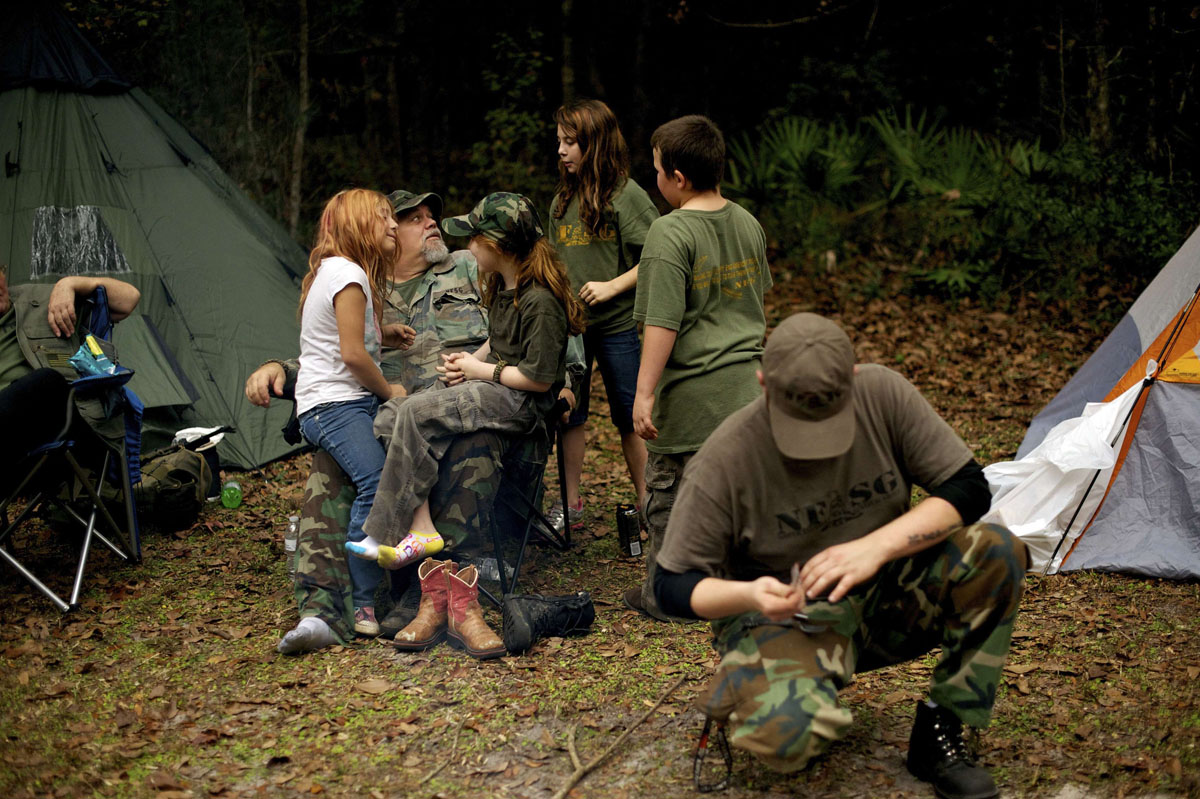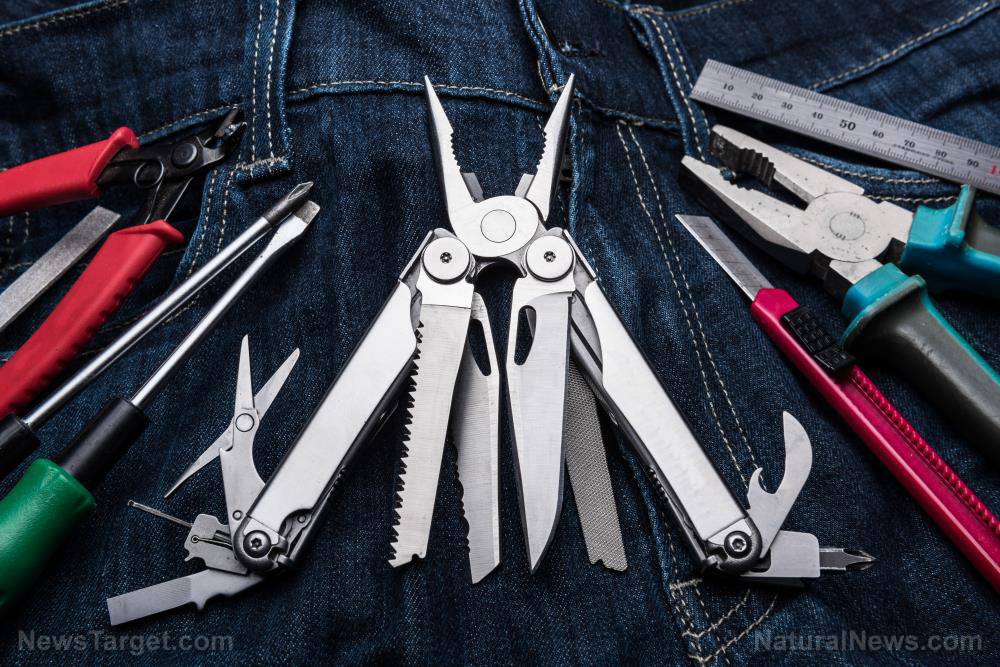The beginner’s guide to buying survival backpacks
08/31/2019 / By Zoey Sky
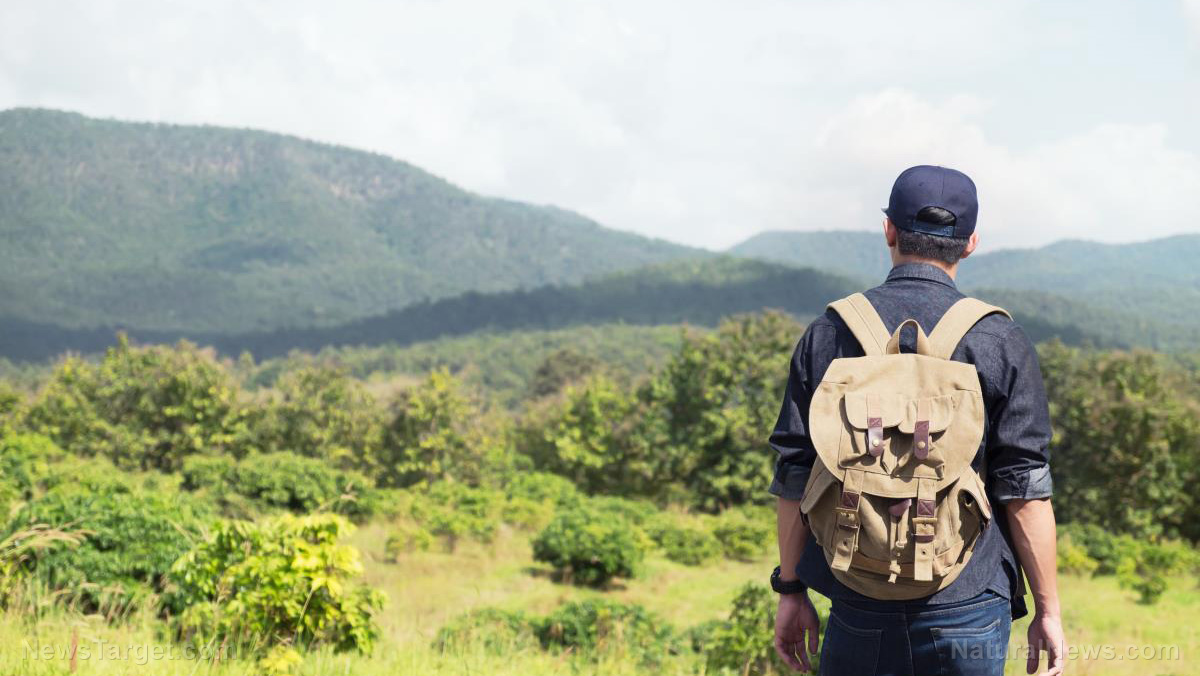
As a prepper, you need a sturdy backpack that suits your survival needs and is roomy enough to carry your gear. But how do you choose one when there are a lot of options out there? (h/t to OffgridSurvival.com)
Different types of backpacks offer their own pros and cons, but here are some important factors to consider before buying one:
- Is the backpack going to be used mainly as a bug-out bag (BOB)?
- Are you going to use the bag regularly?
- Will you bring the bag to school, work, or wherever you travel?
- How much gear are you going to carry?
- Is storage or organization an important feature for the bag you’re going to buy?
Below are three primary backpack styles: military, outdoor, and discreet bags.
Military backpacks
Military backpacks are best for those who prioritize storage and organization. They are very durable and designed to be carried in extreme conditions.
Military backpacks often come with an attachment system that lets you clip accessories, magazine pouches, and utility packs right to the bag using a MOLLE (Modular Lightweight Load-carrying Equipment) system. MOLLE bags use the Pouch Attachment Ladder System (PALS) – a grid of webbing that lets you attach and detach gear, pouches, or slings to your pack or vest. A lot of modern tactical equipment, like knife sheaths holsters or magazine pouches, were designed around PALS.
These types of bags do have a major drawback: they’re often heavy. Avoid military-style backpacks if you are suffering from back issues or have trouble carrying heavy bags for a long time.
Before you spend money on a military backpacks, make sure the bag you’re getting is an actual military pack or is made by a reliable manufacturer. If you’re stuck with a cheap knockoff, your bag might easily fall apart.
Outdoor hiking backpacks
Some preppers choose outdoor hiking backpacks because they are designed to be lightweight and comfortable to carry. They’re also stronger than the average school bag. This bag is ideal if you prefer to travel light.
Ultralight bags
Ultralight bags aren’t just lighter than typical backpacks, they’re also a lot more comfortable to carry. If you’re traveling over long distances, you can prevent fatigue by getting an ultralight bag.
Unlike military backpacks, ultralight bags lack organizational tools like MOLLE, pouches, and durability.
Traditional hiking and thru-hike backpacks
Compared to traditional hikers who take weekend or week-long trips, thru-hikers focus on long distance and high daily mileage to complete a trail within a certain time frame.
These hiking bags can usually be carried on long hauls thanks to their durability and better overall construction. There are three types of hiking backpacks:
- Frameless packs are the lightest, but they don’t transfer weight very effectively from your shoulder to your hips.
- Internal-frame bags have a stiffer build and they are made with flat aluminum rods or plastic framesheets. Their construction helps transfer weight from your shoulders to your hips, making the bags easier to carry on long trips.
- External-frame bags aren’t as common, but they transfer weight better than most internal frame bags.
Hunting backpacks
Hunting backpacks fall between outdoor hiking and military packs.
While they share some of the same features, hunting bags are unique in several ways.
- These bags are usually camo or designed to blend in with your hunting environment.
- You can strap on a hunting rifle or bow on hunting bags.
- Hunting bags come with load lifters or suspension systems to help haul meat after a hunt.
- Most hunting bags have an external frame.
Camo hunting bags may attract unwanted attention, so consider this drawback before making a purchase.
Discreet backpacks
When disaster strikes, it may be easier to bug out and blend in if you have a discreet survival backpack instead of an overly tactical-looking bag.
These bags have one downside – they aren’t usually built for long hauls.
Tips for buying a survival backpack
The survival bag you choose will depend on your prepping needs.
If you are going on long hikes, get a hiking backpack that is generally more comfortable and designed to be carried for several hours.
Military backpacks are perfect for BOBs because they are usually affordable and easier to organize. Avoid cheap knockoffs, especially from gun shows and military surplus stores.
Your survival bag needs to fit properly. The right-sized backpack is barely noticeable when you are carrying it while a poor-fitting pack will make your back hurt.
Try on different bags and get something that fits your body size, frame, and specific needs.
Sources include:
Tagged Under: bug out, bug out bag, Collapse, disaster, emergency, hiking, hiking backpack, hunting backpack, military backpack, off grid, outdoors, preparedness, prepping, self-reliance, SHTF, survival backpack, survival bag, survival gear, Survival Tips, survivalist, tactical backpacks, wilderness survival
RECENT NEWS & ARTICLES
COPYRIGHT © 2018 SURVIVALGEAR.NEWS
All content posted on this site is protected under Free Speech. SurvivalGear.news is not responsible for content written by contributing authors. The information on this site is provided for educational and entertainment purposes only. It is not intended as a substitute for professional advice of any kind. SurvivalGear.news assumes no responsibility for the use or misuse of this material. All trademarks, registered trademarks and service marks mentioned on this site are the property of their respective owners.




